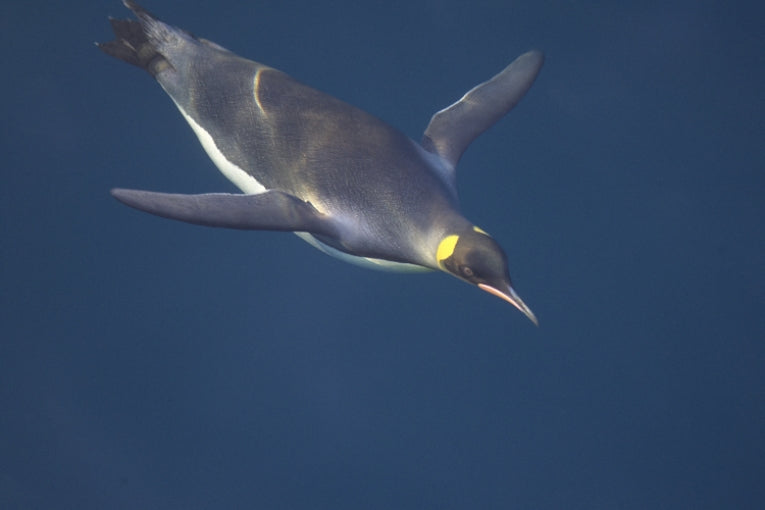The foraging of penguins further towards the South Pole has been continuing for thirty years. As ecologists struggle to predict animals' ranges when global warming causes habitat change, extinction looms large for many species. The poles have warmed a lot more than other regions because of the enhanced greenhouse effect.
Polar bears and large pelagic fish have been studied with pole-ward shifts in distribution suggested, alongside an obvious range contraction. The sub-Antarctic islands hold large populations of king penguins, Aptenodytes patagonicus, which function as significant top predators of certain fish living at the "polar front."
Since 1994, the Crozet Island penguins have been reproducing less successfully, possibly associated with years following warm conditions. To investigate king penguins on Possession Island, they were fitted with 208g transmitters that correspond to 1.8% of body weight.
Just to check, meal size and breeding success were not affected in the selected birds, when a comparison was made with birds that had no transmitter. The birds travelled 300-500 km south from their colony, an further during warmer years.
Three different scenarios of global warming were used and the closest fit to the needs of the research turned out to be a US National Center for Atmospheric Research model. An average southward shift of 24.9km, 39.9km and 40km was predicted for the range (and the polar front that defines the foraging range). These distances correspond to surface temperature changes of 0.117o, 0.173o and 0.184°C per decade. By 2100, for example, the shift in suitable feeding zones would be around 400km south, far beyond the capabilities of normal summer foragers.
This roughly 40km per decade shift is confirmed by an actual 60km shift between 1992 and 2007. With a maximal range of 722 km before breeding failure occurs, the penguins have until 2050 before such a cataclysm. Evolutionary change is one of the few solutions, with current physiology limiting kings to 440m depth and the range above. Their long generation time is against them, as is their reliance on one large group of mesopelagic fish. This group form 98% of the diet.
This makes the adaptation to shift their diet to other fish fairly obviously difficult. As Crozet Island is the northernmost outpost of this penguin, it does seem possible that other colonies could survive better. We must also view Crozet as an indicator, however.., as well as studying the prey fish habits which are little known because of their deep habitat.
Thanks to the French Polar Institute (IPEV), Clara Peron, Henri Weimerskirch and Charles-Andre Bost were able to carry out this complex study at Centre d'Etudes Biologiques de Chize. In Villiers en Bois, publishing today in the Proceedings of the Royal Society B: Biological Sciences jornal.

Part of the thriving Crozet island king penguin colony; Credit: © Clara Peron










